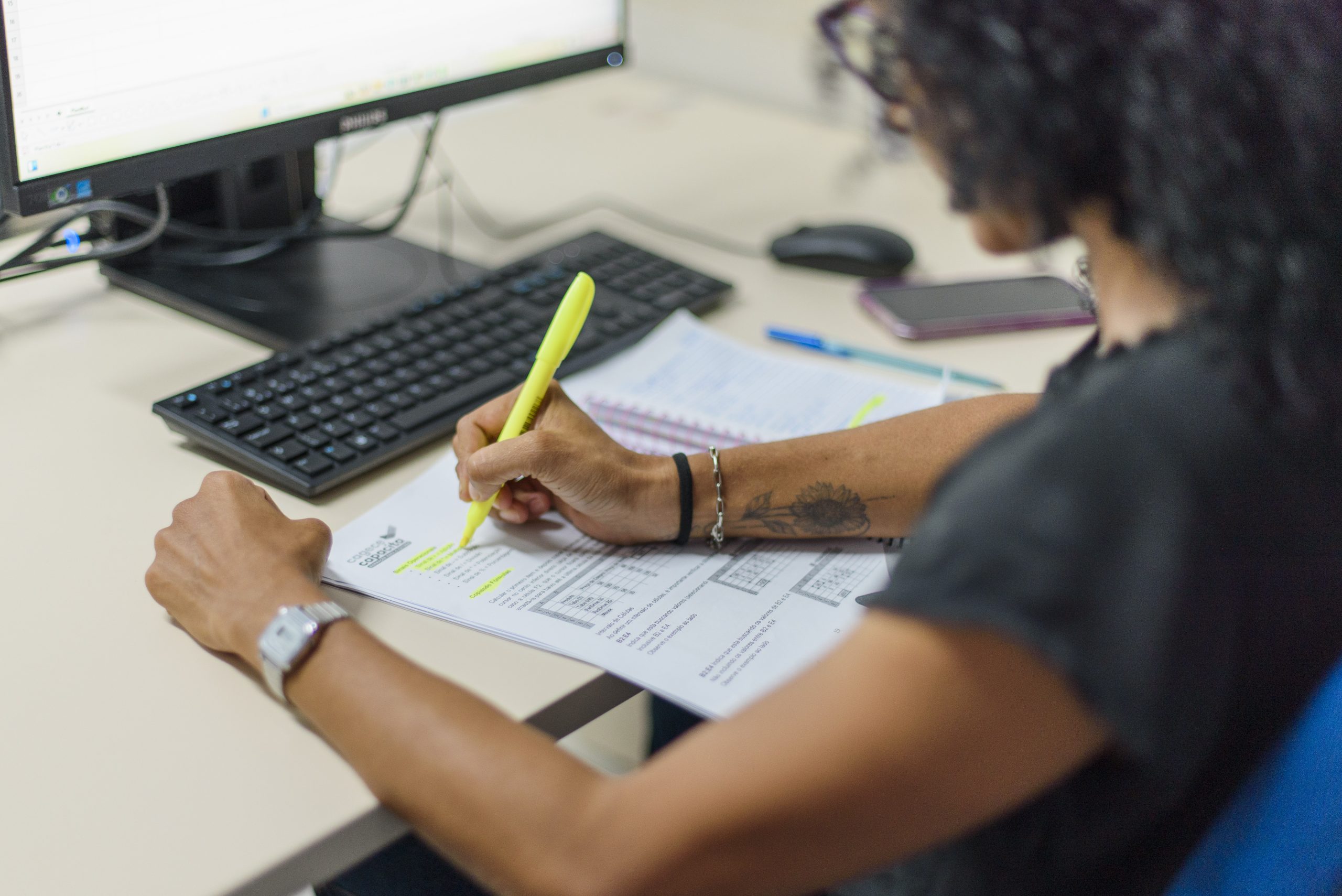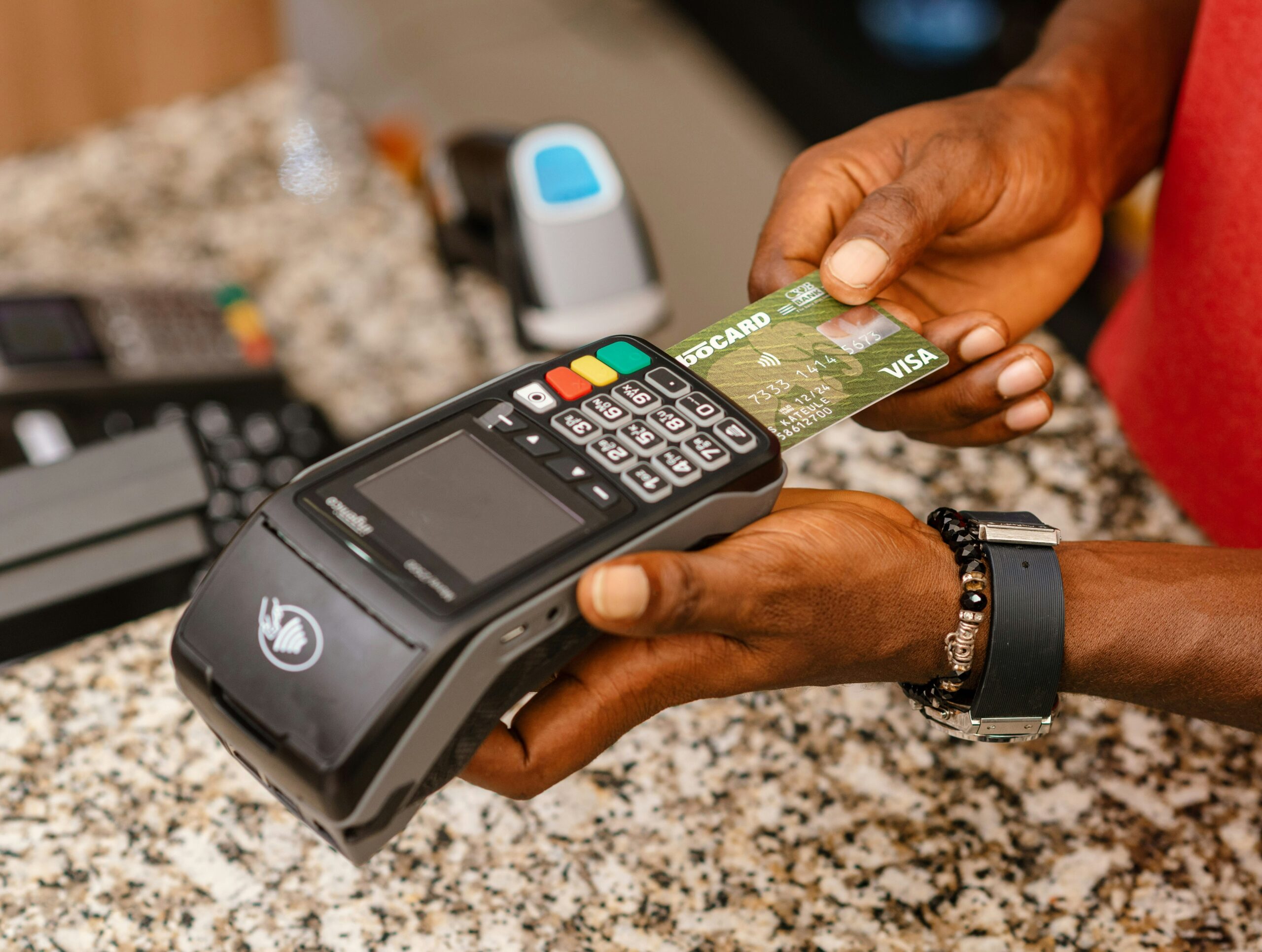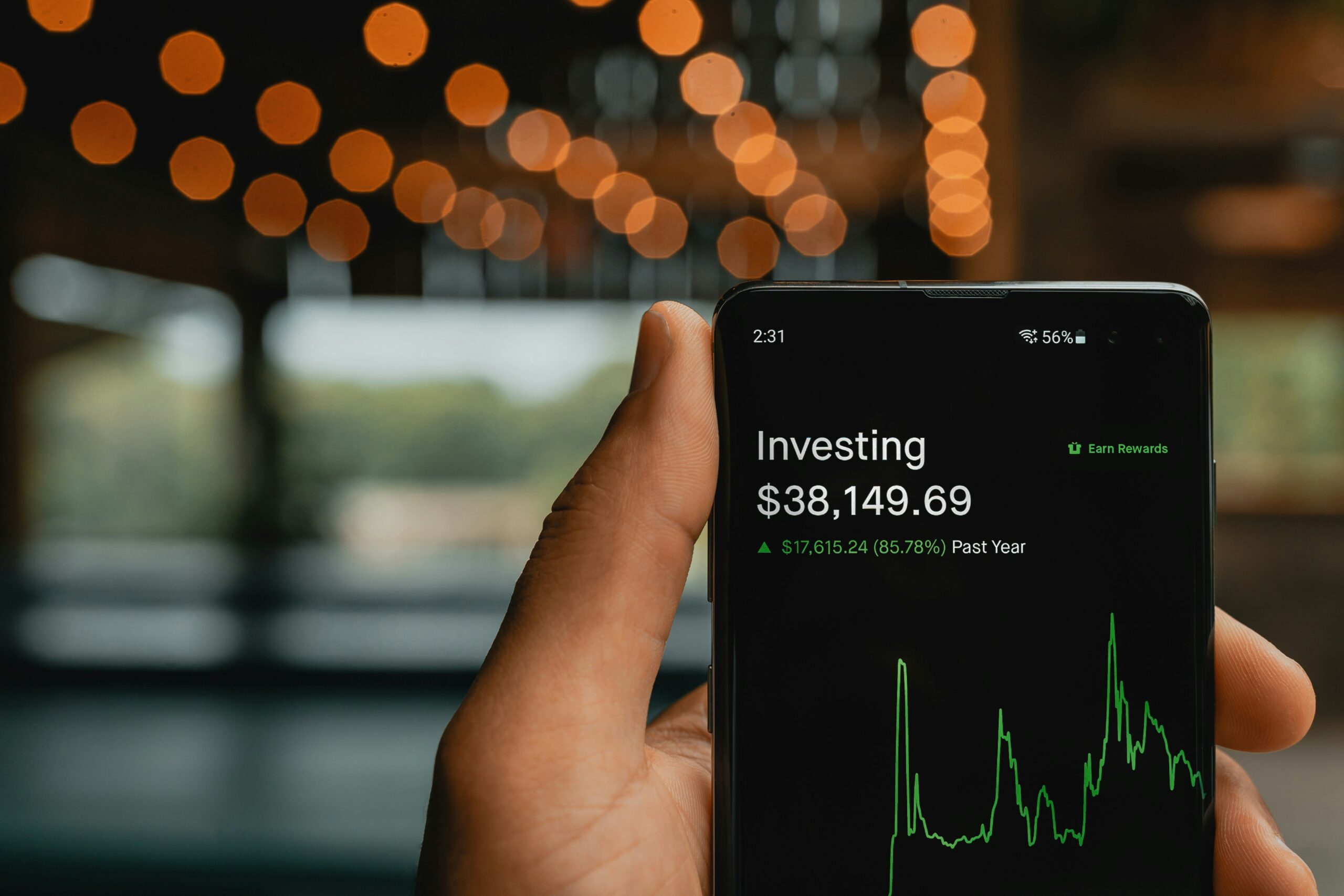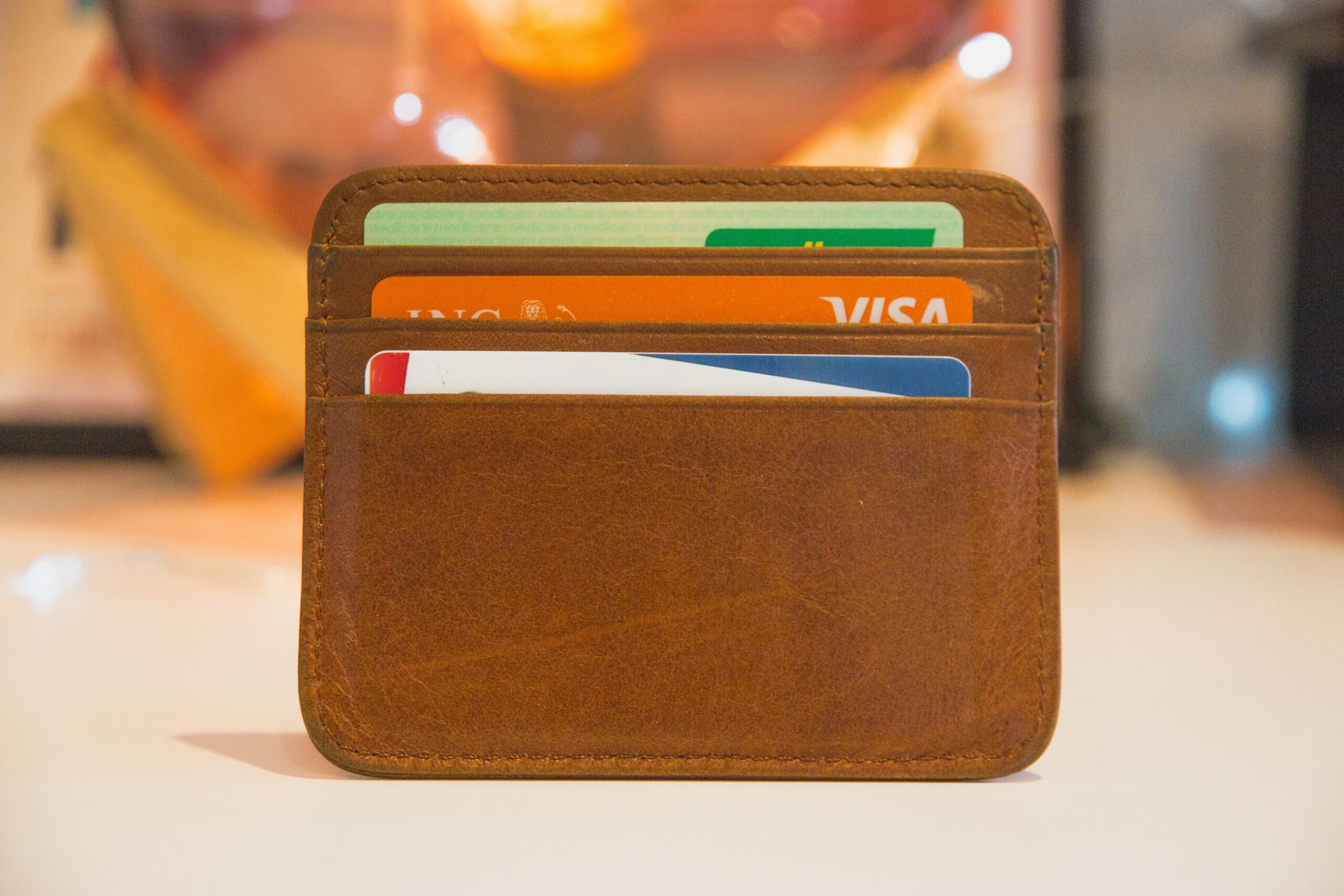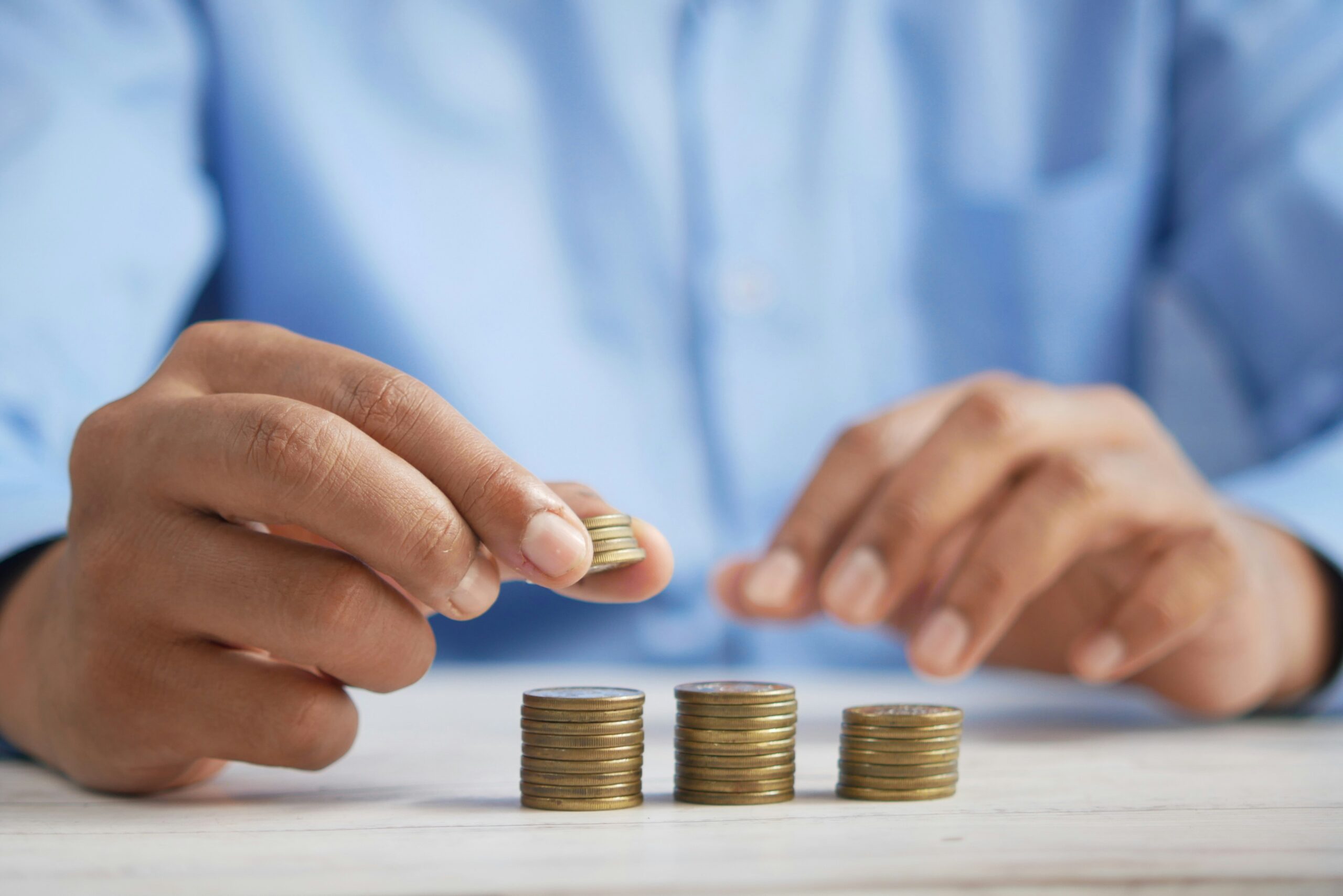Debt can feel like a trap that’s impossible to escape, especially when interest piles up and monthly payments become overwhelming. The good news is that getting out of debt is entirely possible—with the right mindset, strategy, and consistency. Whether you’re facing credit card balances, personal loans, or other forms of debt, this guide will walk you through practical steps to become debt-free and regain control of your financial life.
Understand Your Total Debt Situation
Before you create a strategy to eliminate debt, you need to understand the full picture. Gather information on:
- Total balance of each debt
- Interest rates
- Minimum monthly payments
- Payment due dates
Organize this information in a spreadsheet or debt-tracking app. This visibility helps you prioritize your next steps and identify which debts are costing you the most.
Stop Adding to the Debt
One of the most important first steps is to stop the bleeding. That means:
- Avoid using credit cards for new purchases
- Don’t take out new loans
- Cut unnecessary spending
It might feel restrictive at first, but this is a temporary sacrifice that creates room for long-term financial freedom.
Read more: How to Organize Your Personal Finances in 7 Simple Steps
Choose a Debt Repayment Strategy
There are two popular and proven methods for paying off debt:
1. The Debt Snowball Method
This method involves paying off your smallest debt first, regardless of interest rate. Once it’s paid off, you apply that payment amount to the next smallest debt, and so on.
Pros:
- Builds momentum
- Keeps you motivated with quick wins
2. The Debt Avalanche Method
This strategy focuses on paying off debts with the highest interest rates first, which saves more money over time.
Pros:
- Minimizes interest costs
- Mathematically most efficient
Both methods work. Choose the one that feels most sustainable and energizing for you.
Create a Budget that Supports Debt Repayment
Your budget is your roadmap to becoming debt-free. Identify your monthly income and all your expenses. Then allocate a portion of your income specifically for debt repayment—more than just the minimum if possible.
Look for opportunities to free up cash:
- Cancel unused subscriptions
- Cook at home instead of dining out
- Pause unnecessary shopping
Every dollar saved can be redirected to accelerate your debt payments.
Consider a Side Income
If your current income isn’t enough to make significant progress, consider adding a side hustle or part-time gig. Options include:
- Freelance work (writing, design, virtual assistance)
- Selling unused items online
- Food delivery or rideshare services
- Online tutoring or course creation
Apply all extra earnings directly toward your debt to speed up your progress.
48 Side Hustle Ideas to Get You Started
Negotiate Better Terms
You might be surprised how often lenders are open to renegotiation, especially if you have a consistent payment history.
You can:
- Request lower interest rates
- Consolidate multiple debts into a single lower-interest loan
- Ask for temporary payment deferments in case of hardship
Just make sure that consolidation doesn’t lead to more debt or worse terms.
Build an Emergency Fund—Even a Small One
It may sound counterintuitive, but having a small emergency fund (even $500–$1,000) while you pay off debt can prevent you from going deeper into debt when life throws surprises.
Without this cushion, one car repair or medical bill could send you back to using credit cards.
Track Your Progress Monthly
Debt repayment is a journey that takes time. Keep yourself accountable by tracking:
- Total debt paid each month
- Remaining balance
- Milestones reached (e.g., paying off your first card)
Celebrate your wins—no matter how small. They’re signs that your effort is paying off.
Avoid Debt Triggers
Know your spending triggers and find ways to avoid them. Common ones include:
- Online shopping when bored
- Keeping credit cards in your wallet
- Shopping with friends who spend freely
- Emotional spending after a stressful day
Set up boundaries to protect your progress, like deleting shopping apps, unfollowing retail accounts, or switching to cash-only for daily expenses.
Final Words: Freedom Is Worth the Effort
Paying off debt is a powerful act of self-care and long-term planning. It requires discipline, but it also delivers peace of mind, flexibility, and confidence. By taking intentional steps, you’re not just clearing balances—you’re building the foundation for a healthier financial future.
No matter where you’re starting from, remember: You have the power to change your financial story. This year can be the year you finally break free.



